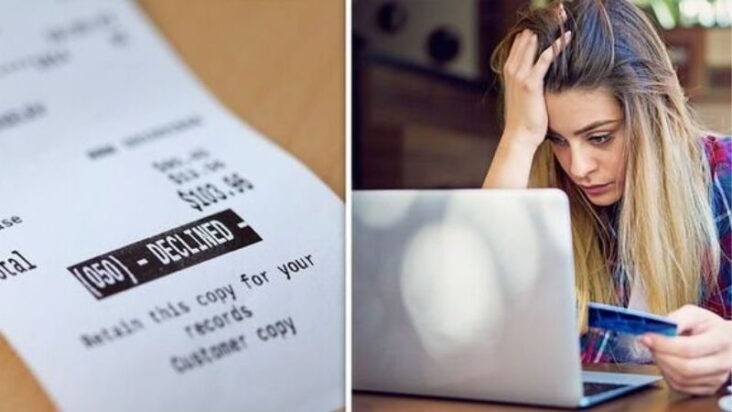
The new changes coming into force will see cards declined if someone can’t prove their identity. Retailers will be making additional checks before people can purchase items or take money from their cards.
The changes will impact everyone who banks or makes purchases online as they will be subject to extra security checks in a bid to make transactions safer.
Customers will now be sent a code by their bank — usually to their mobile phone — when they make a payment online and they will need to enter this at the checkout for the payment to be approved, ChronicleLive reports.
Alternatively, people may be asked to approve payments by logging into their bank’s mobile app.
Without the identification check to prove the transaction is genuine, the card payment may be declined.
Card provider Mastercard estimates one in every four payments will require the extra check.
Some online transactions are exempt, though. But these are only the ones deemed low risk.
Each provider will have its own definition of ‘high risk’ and ‘low risk’ transactions, but, according to Moneysavingexpert.com, the following are typically more likely to be verified:
Online payments over £25; Online payments up to £25 where you’ve made multiple payments in a row totalling more than £85;
* New or modified recurring payments.
These new rules are being enforced in a bid to stop fraudsters capitalising on Britons.
The pandemic and lockdowns have sparked a rise in financial crime and scams.
The idea behind the move is to create a new layer of security to protect shoppers and their money, but some banks have already warned their customers that card payments could be declined as some retailers may not be ready by March 14.
Late in January, First Direct told current account holders: “As we get closer to the regulatory date, the number of times you’ll notice you’re asked to verify it’s you making the payment will increase.
“‘If the retailer isn’t ready for the new process, there could be times when your card might be declined.”



